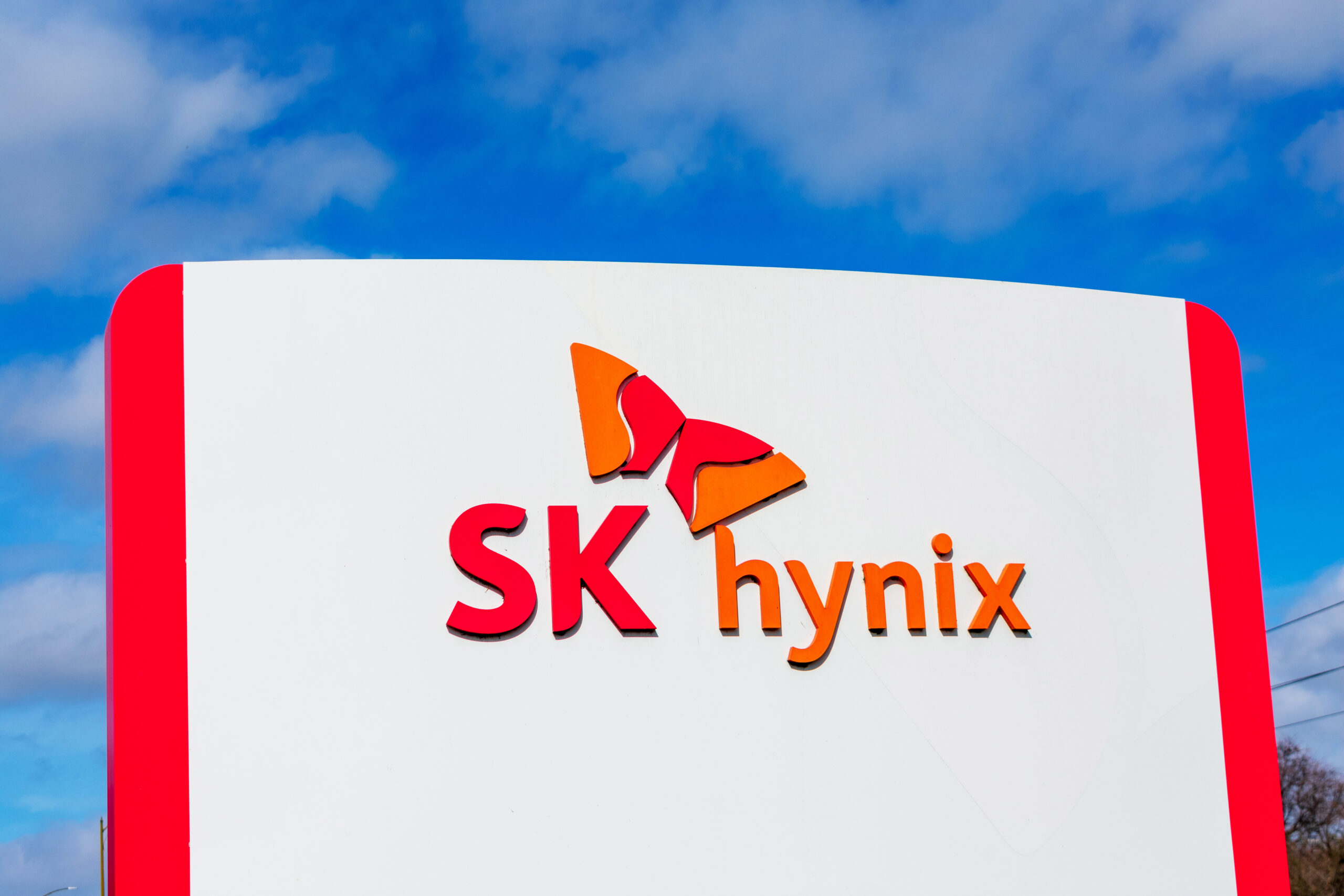Zero-Knowledge (ZK) Technology Catalyzes Shifting Blockchain Sector

Key Insights:
- ZK technology enhances blockchain efficiency, significantly reducing computational demands and transaction data storage needs.
- Adopting ZK proofs by significant platforms like Ethereum signals a move towards industry-wide standardization and improved Web3 security.
- 2023 marks a pivotal year with initiatives like Nova, Lasso, and Jolt simplifying ZK Proofs integration despite ongoing challenges in scalability and interoperability.
The blockchain sector experienced a significant shift marked by the ascendancy of Zero-Knowledge (ZK) technology over the last year. This tech is reshaping the Web3 landscape, strengthening privacy protocols, and enhancing transaction validation efficiency. Significantly, ZK proofs are revolutionizing data processing on blockchain networks, offering scalable and trustless solutions previously lacking in the industry.
Revolutionizing Blockchain with Zero-Knowledge Proofs
ZK technology, particularly in its application of zk-proofs, enables data batching in transactions. Consequently, this reduces computational demands and minimizes data storage on blockchains. This innovation is pivotal, introducing a scalability mechanism that is both efficient and privacy-preserving. Moreover, ZK technology processes data without adding redundant information, bolstering the inherent privacy frameworks of blockchain.
Major blockchain networks, including Ethereum and other primary Layer 1 systems, are now acknowledging the promise of Zero-Knowledge (ZK) technology. As a result, these platforms are progressively adopting ZK technology for settlement and proof verification processes. This significant move indicates a move towards uniform standards across the industry, enhancing the security framework of Web3 and setting the stage for its widespread acceptance.
Building a Decentralized Future with ZK Technology
ZK technology also addresses decentralization challenges, notably the centralization of verification hubs in current solutions. Additionally, it offers efficient systems for accessing multiple chains, which is crucial for an app-sharded future. The industry’s commitment to building censorship-resistant systems not controlled by private entities is evident in this evolution.
Innovations such as Risc0, Gnark, and ZK building tools are facilitating the development and application of ZK technology. Furthermore, projects like cysic.xyz push hardware acceleration, promising performance levels comparable to Solana. These advancements combine vertical scalability’s benefits with horizontal scalability’s security properties, addressing scalability challenges effectively.
ZK tech is also vital in strengthening bridges between blockchain layers, which is essential for interoperability and future growth. Bridging systems often lead to centralized nodes, creating security vulnerabilities and potentially limiting free access to applications and assets. Inter-blockchain communication (IBC) represents a promising solution, reinforcing the industry’s commitment to decentralization.
Privacy is a core value in the evolution of ZK technology. With ZK proofs, entities can issue verifications before transfers, providing only essential data points. This approach is crucial for combating Miner Extractable Value (MEV) and ensuring fair, competitive markets.
Projects like Penumbra, Anoma, and Nym highlight the importance of privacy in the blockchain world. In an era where privacy is often compromised, ZK Proofs play a pivotal role in ensuring an inclusive Web3 landscape.
2023 has been a transformative year for ZK technology, marked by significant projects like Nova, Lasso, and Jolt. These initiatives have simplified the integration of ZK Proofs into existing systems. However, the industry still faces challenges in scalability, safe interoperability, and the risk of centralized systems.
Emerging Challenges and Future Directions in ZK Technology
Looking ahead to 2024, a significant shift in on-chain activities is expected. DeFi systems, crypto trading, and cross-chain dApps will likely migrate to ZK-powered blockchains, leveraging ZK technology for more efficient and secure operations.
Education and tooling are priorities for ZK project leaders. Given the technical complexity of ZK technology, providing developers with accessible tools and educational resources is crucial. This support will enable more projects to integrate ZK technology effectively.
2023 has been a year of impactful contributions from ZK technology in DeFi, cryptocurrencies, and decentralization. The industry looks forward with optimism to 2024, anticipating further advancements and the role of developers in shaping the future of ZK technology amidst ongoing market challenges.
Tokenhell produces content exposure for over 5,000 crypto companies and you can be one of them too! Contact at info@tokenhell.com if you have any questions. Cryptocurrencies are highly volatile, conduct your own research before making any investment decisions. Some of the posts on this website are guest posts or paid posts that are not written by Tokenhell authors (namely Crypto Cable , Sponsored Articles and Press Release content) and the views expressed in these types of posts do not reflect the views of this website. Tokenhell is not responsible for the content, accuracy, quality, advertising, products or any other content or banners (ad space) posted on the site. Read full terms and conditions / disclaimer.




